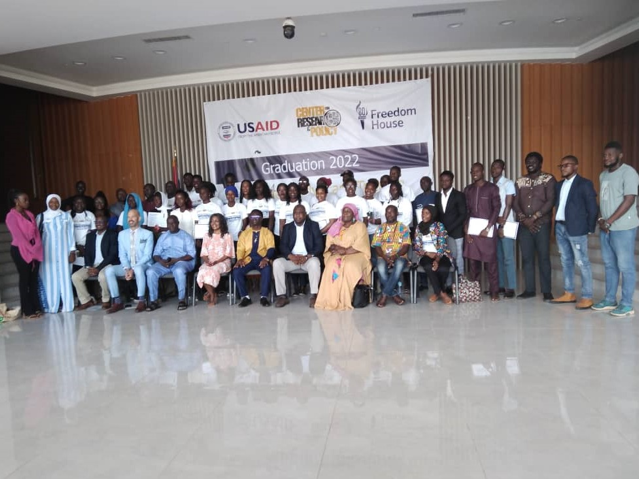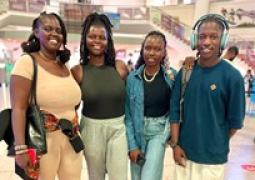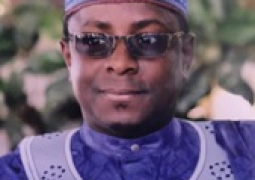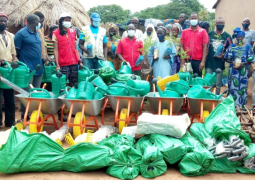
The event held at the SDKJ International Conference Center in Bijilo, was funded by the United States Agency for International Development (USAID) through Promoting Rights and Justice in the Gambia Activity (PRJ). The participants underwent five-weeks training.
In addition, 10 media practitioners were also enrolled in a fellowship program of six weeks to improve their reporting skills on public interest matters and have their stories published in local media.
Sait Matty Jaw, executive director of CRPD outlined that the graduation was the beginning of a greater partnership while adding that graduates would be pioneering members of the CRPD Learners Network.
The learners' Network, he added, is envisioned to be a platform for all CRPD trainees to network, learn and work on joint projects as well as strengthen solidarity among activists and organisations.
“The CRPD was established in 2018 to promote freedoms, rights of expression and association, advancement of popular participation, as well as the strengthening of advocacy and civic engagement and the conduct of policy research that impacts positively on the democratisation project in the Gambia and advance national development.”
Eric R. Mehler, Deputy Chief of Mission at the US Embassy, recalled that since the end of the previous regime, they have been inspired by the efforts the Gambia is taking in building a better future through the development and strengthening of democratic institutions.
The USAID Promoting Rights and Justice in the Gambia program, she said, represent one key aspect of the partnership between the United States and The Gambia.
“Through this program, we are supporting the foundations of a strong democracy with a focus on participation, inclusion, accountability, and transparency. Through issue-based advocacy, individual activists and organisations can safeguard the rights of everyday Gambians and ensure the inclusion of those who have too often been left out of the civic and political discourse and those denied access to public services. These can include women, young people, persons with disabilities, LGBTQI+ people, and the economically disadvantaged.” he accorded.
Judy Oder, Director of Freedom House noted that as the state defines its democratic trajectory, Civil Society Organisations (CSOs) have critical contributions to make through data collection and monitoring; representation and advocacy; facilitation, and consultation.
She acknowledged that research, education and provision of legal assistance are ways in which CSOs could contribute to the governance reform agenda.
“That the advocacy graduates will play a significant role in deliberating, formulating, scheduling, and prioritising goals and in forging measures to realize them.”




